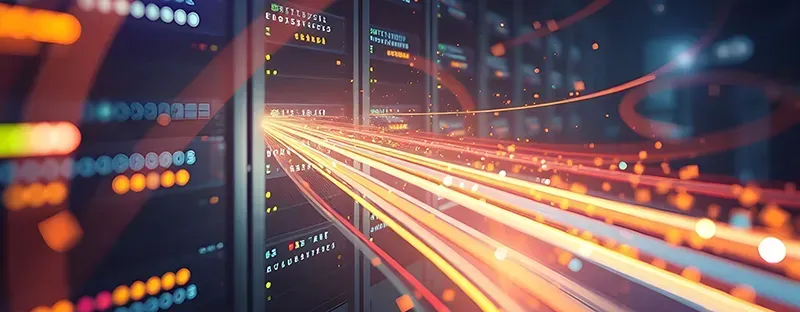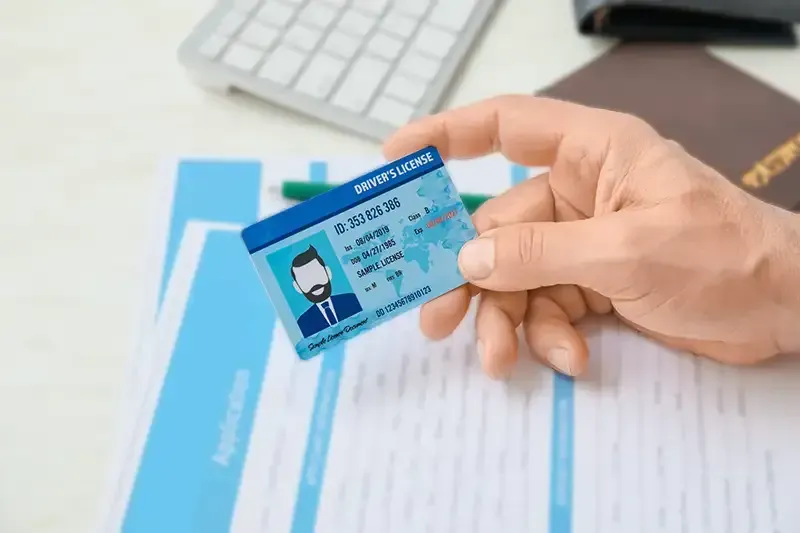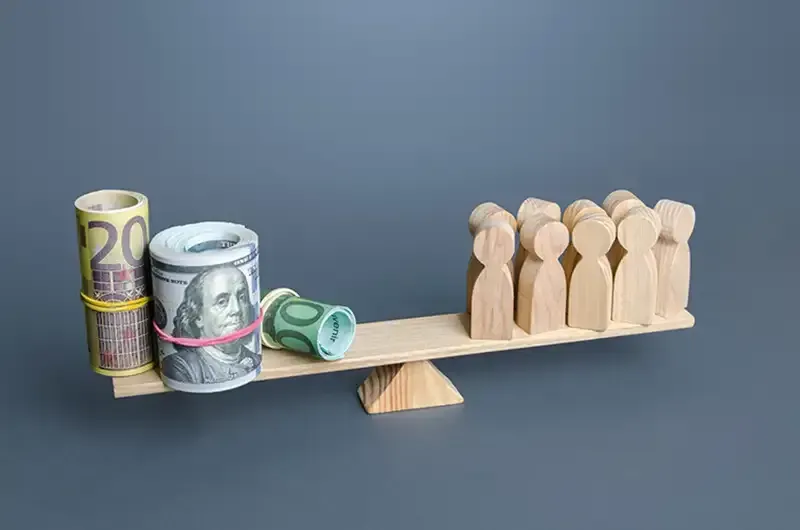Is AI Coming for Your Job? Here’s Why You Probably Don’t Need to Worry (Yet)
The big question is: “Is AI going to take over our jobs?”

It feels like everywhere you turn these days, someone’s talking about artificial intelligence (AI). From news headlines to office break rooms, the big question is: “Is AI going to take over our jobs?”
The short answer? Not as fast, or as completely, as you might think.
Let’s take a closer look at what a fascinating study by Giulia Panozzo tells us about how humans and AI really stack up, and why our uniquely human qualities still matter more than ever.
Why Everyone’s Talking About AI and Jobs
AI has come a long way. It can write articles, design images, answer questions, and even help businesses run more smoothly. Naturally, that has some people wondering: If AI can do all this, where do humans fit in?
But here’s the thing: while AI is powerful, it’s not perfect, and we humans are still very good at things AI can’t quite replicate.
The Human Advantage: Can You Tell AI Apart from a Real Person?
Giulia Panozzo’s research dug into whether people can tell the difference between human-created content and AI-generated material. It turns out we can, but it’s not always as simple as it sounds.
Here’s what the study found:
✅ People are better at spotting AI than they realize. Our brains have built-in “gut reactions” that help us sense when something feels artificial, even before we’re consciously aware of it.
✅ Familiarity helps. The more time people spend around AI-generated content, the better they get at recognizing its subtle quirks.
✅ Hyper-realistic AI can still fool us. While we’re quick to spot obvious fakes (like awkward chatbot conversations or glitchy photos), when AI gets very realistic, we sometimes mistake it for the real thing.
So yes, humans still have an edge, but it’s getting harder to tell as AI improves.
Why This Matters for Your Job
Here’s the big takeaway: even though AI is getting smarter, humans bring something to the table that machines don’t; emotions, creativity, trust, and the ability to connect with other humans.
Panozzo argues that jobs requiring human connection, emotional understanding, and ethical decision-making are still safe for now. In fact, in many cases, AI works best as a helper, not a replacement.
Think about it:
- AI can draft product descriptions, but it’s humans who know what will really resonate with customers.
- AI can suggest ideas, but humans decide which ones fit their brand and values.
- AI can analyze data, but humans interpret it in meaningful ways and make the big calls.
The Secret to Thriving Alongside AI
Instead of fearing AI, the key is learning how to work with it. Use it to speed up repetitive tasks, brainstorm ideas, or organize information, so you can focus on the creative, strategic, and personal aspects of your work that AI can’t replicate.
Panozzo puts it perfectly: “The road to survival isn’t getting out of the game. It’s learning the new rules to play by.”
Bottom Line: AI Isn’t Stealing Your Job, But It Is Changing It
AI isn’t the end of human work. It’s the beginning of a new way of working. Those who adapt and learn to use these tools will have an advantage in this next chapter.
The future isn’t “man vs. machine.” It’s humans and machines working together.
So instead of asking, “Will AI take my job?” maybe the better question is:
“How can I use AI to do my job better?”




